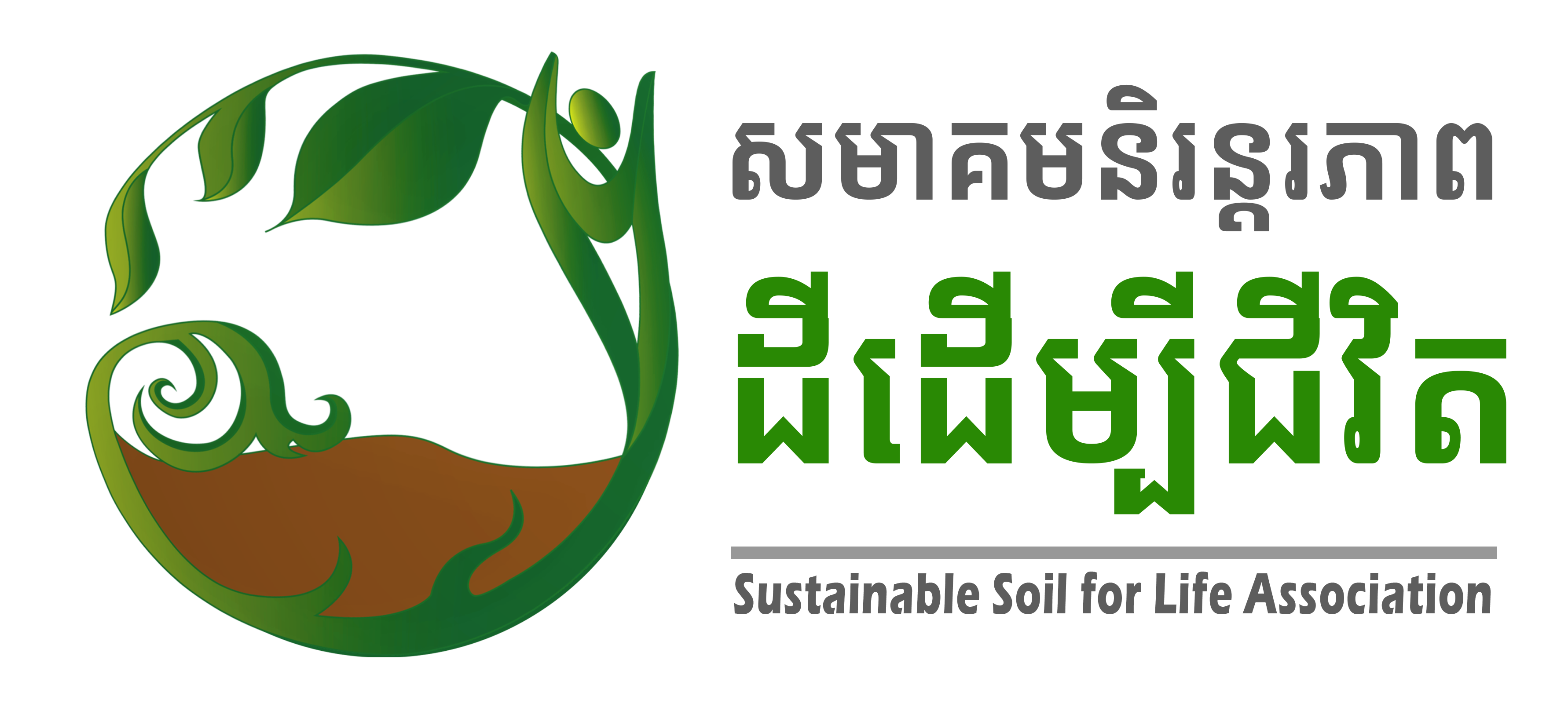Stories
The Cambodian NGO Sustainable Soil for Life Association (Life for Soil) was officially created on June 2021 and established in Battambang province. SSLA has over five years’ experience working with poor vulnerable Cambodian women, men, youth, and communities in rural areas to bring about political, economic, social and environmental change. SSLA empowered from the Vivre de sa Terre (VDST), a French NGO, and has become a leading Cambodian NGO in the areas of enabling farmer’s agroecology and food system in rural areas, strengthening farmer’s ownership in local community action for local, solidarity and circular economic dynamics and the fight against dependency, manipulated commodity markets, unfair subsidies, inherent food insecurity, and unjust social and inequitable free-market economies.
At the end of the year 2020, SSLA provided a technical support and directly accompanied 405 smallholder farmers, organized in 13 groups, among which, four farmer groups grow organic vegetables to supply Battambang markets. SSLA’s work has influenced at least 800 farmers representing over 5,000 families in the 43 targeted villages in 10 communes in 6 districts in Battambang and Siem Reap provinces. Over 800 farmers, comprising about 600 women farmers, have directly participated in the agroecology and community led economic empowerment programme, demonstrating improvements in their agroecological practices, micro-enterprise and business skills, and increasing incomes that contribute to increased financial independence and improved standards of living for their families and communities.
SSLA supported farmer leaders for influencing village, commune and district authority. SSLA has strengthened farmer’s involvement in local democratic development processes and has led to more just and equitable sensitive and responsive local development plans, budgets and services. Over 10 farmer leaders and representatives have demonstrated increased confidence, knowledge and skills to exercise their rights, inclusive of the most vulnerable farmers.
